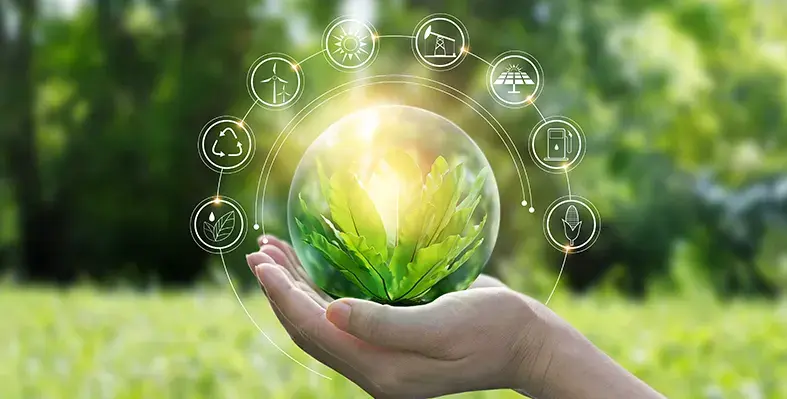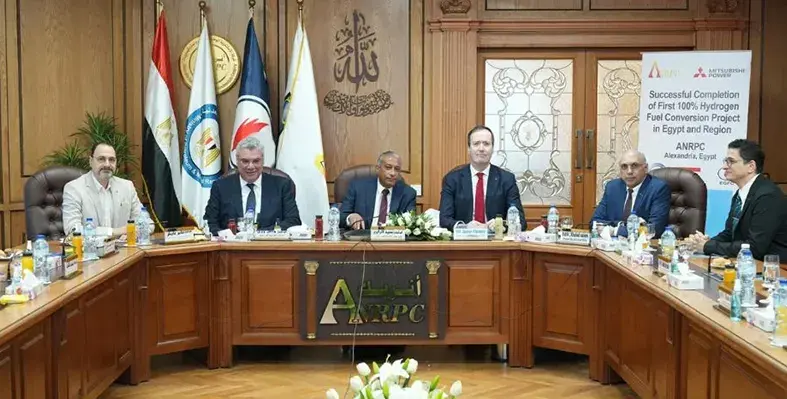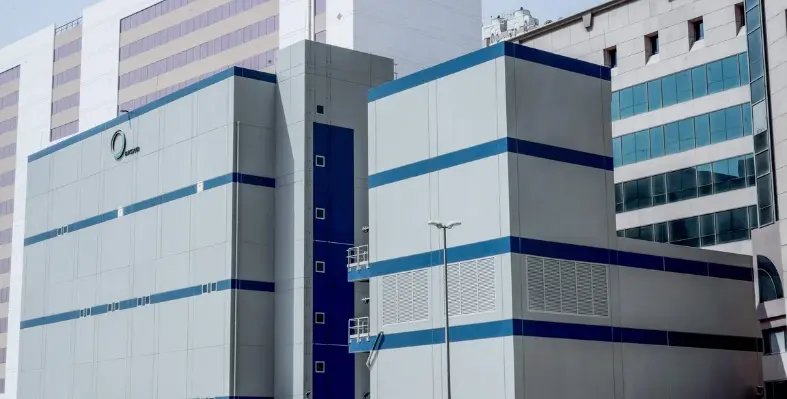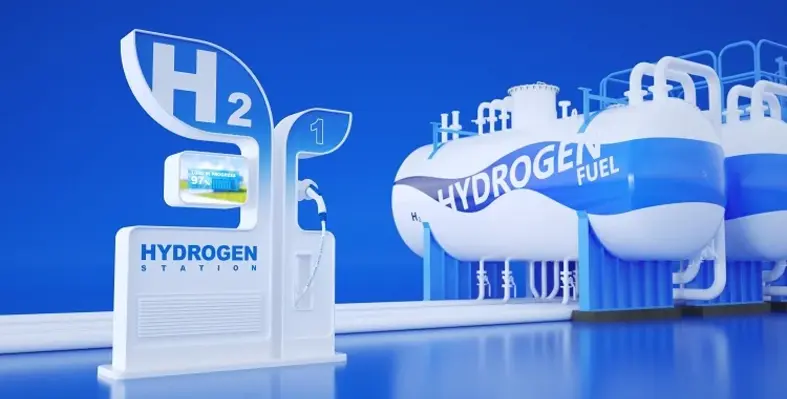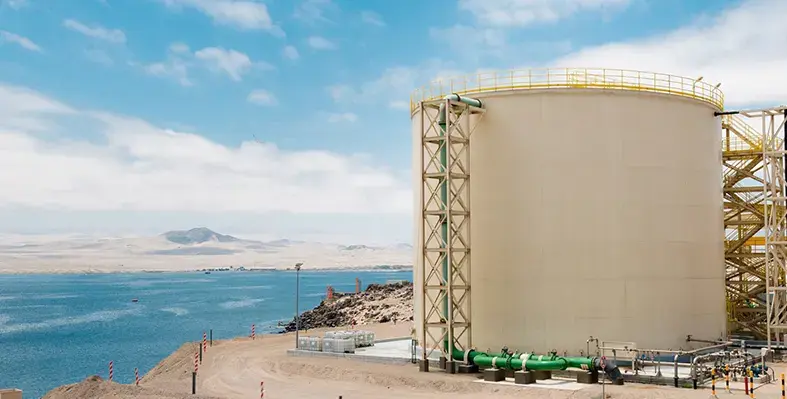Sustainable technologies are attracting unprecedented attention across sectors, particularly as the global shift toward net zero intensifies.
From the increasing use of low-carbon hydrogen in industries like green steel to the development of alternative fuels and renewable energy solutions, companies are actively seeking viable pathways to decarbonise.
IDTechEx’s Energy & Decarbonisation and Sustainability Research Reports provide in-depth coverage of these trends, exploring cutting-edge technologies and their impact on various markets.
The steel industry’s role in emissions
Steel remains one of the most carbon-intensive industries, and demand continues to rise due to global population growth, accelerating industrialisation, the AI-driven expansion of data centres, and the rollout of renewable energy infrastructure. As a result, efforts to decarbonise steelmaking have become critical.
The traditional blast furnace route, still the dominant method for crude steel production, emits roughly 2.3 tonnes of CO₂ per tonne of steel produced. This poses significant sustainability challenges and is pushing regulators to tighten emissions controls and promote low-carbon alternatives.
Electric arc furnaces (EAFs), often used in steel recycling, offer a cleaner alternative. When powered by renewable electricity, EAFs can enable near-zero-emission steel production. This method is already in use and forms the backbone of green steel projects. When paired with direct reduced iron (DRI) technology, hydrogen can be used as a reducing agent instead of fossil fuels. IDTechEx’s report Green Steel 2025–2035 explores these technologies in detail, outlining their benefits, challenges and commercial potential.
Hydrogen as a low-emissions alternative
Green hydrogen, produced via water electrolysis using renewable energy, is emerging as a viable low-carbon energy carrier. It is particularly suited to sectors where electrification is difficult or inefficient. Companies already using hydrogen in industrial processes, such as chemical manufacturers, fertiliser producers and refineries, are expected to lead the early adoption of green hydrogen, given the relatively minor adjustments required to existing infrastructure.
Heavy industries such as steel and long-haul transportation are likely to be major consumers of green hydrogen up to 2040. Hydrogen fuel cells are gaining traction due to their faster refuelling times and longer range compared to batteries. In these cases, green hydrogen provides a sustainable energy source that aligns with decarbonisation goals.
Beyond 2040, green hydrogen is expected to play a growing role in power generation, aviation, and long-duration energy storage, though cost remains a key barrier. Progress in water electrolyser technologies will be crucial to scaling green hydrogen. Advances in component innovation and reduced dependence on critical raw materials will help drive adoption. IDTechEx’s report Materials for Green Hydrogen Production 2026–2036 covers the key technologies and suppliers supporting this evolution.
Green energy technologies rely heavily on advanced materials. Composite materials like carbon fibre offer the strength and lightweight properties needed for efficiency and durability. However, their own production processes can be energy-intensive and difficult to decarbonise.
Also read: Hydrogen mobility reaches new heights in NEOM's Trojena trial







